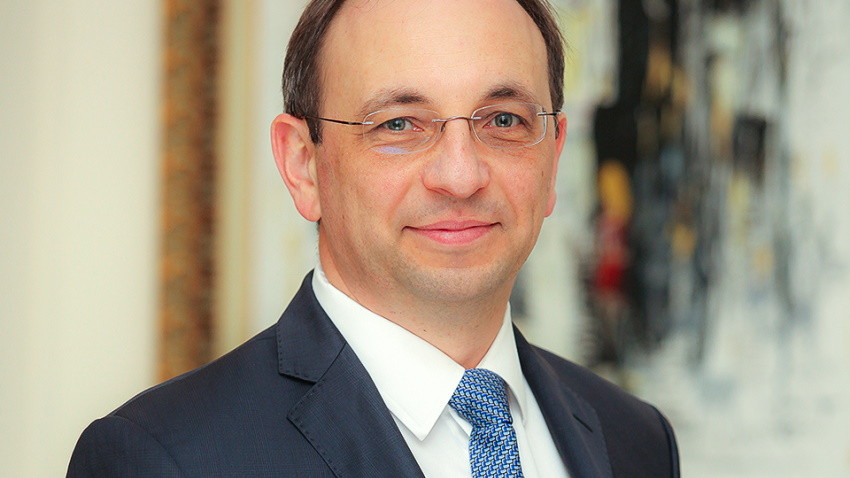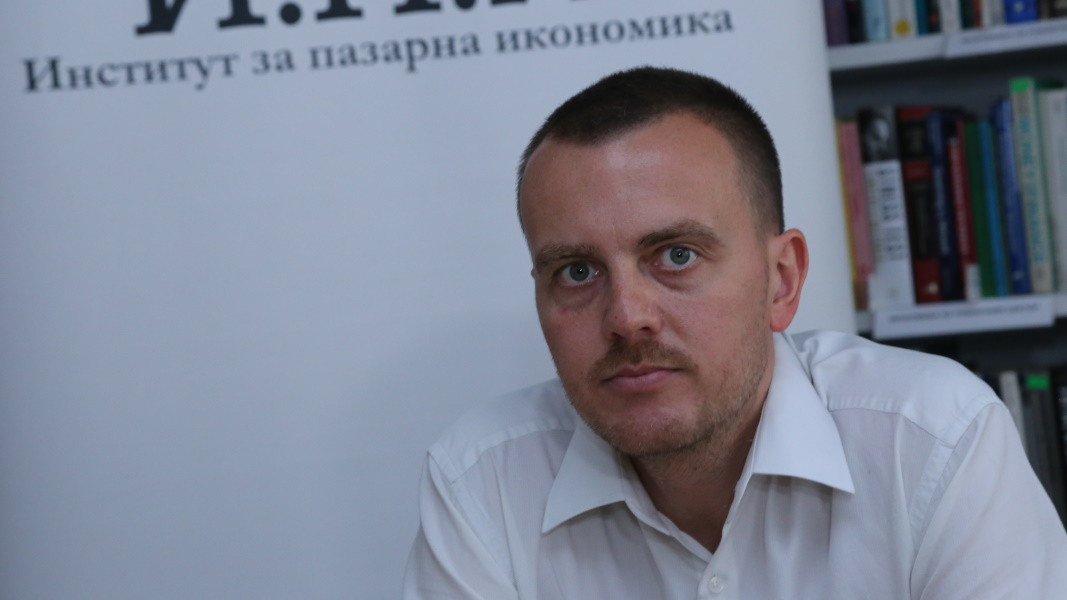The draft budget for 2021, submitted for discussion in the National Assembly by the Ministry of Finance, has provoked contradictory reactions and some confusion among the country's financiers.
Perhaps most harsh in his assessment was former Minister of Economy Nikolay Vassilev, who in an interview with bTV defined the future financial framework of the country as the most populist one since the introduction of the Currency Board: "This is a social, wasteful budget of a government that has no intention of ruling anymore. That is why they plan to leave the treasury empty for the next to come," Vassilev says.

According to him, the draft budget was neither an anti-crisis one nor in line with the challenges caused by Covid-19:
"If it really was like that, it should have had two different priorities. One should be medical expenses related to the coronavirus crisis, and the other is support for that part of the business that has suffered the most from the crisis. However, the billions in the budget are not distributed in this way, but sink into sectors that have not suffered at all, such as the public sector, where due to salary hikes this year and next, employees' incomes will continue to increase disproportionately compared to the private sector.”
With the stipulation that it would take time before the draft budget was fully analyzed, economist Petar Ganev expressed surprise in an interview with BNR’s Horizont program that according to the revision of the budget for this year, the deficit will be raised by the end of 2020 from the current 3.5 to about 5 billion BGN. This is also likely to remain the case next year.

"For me, the reason for concentrating such a huge expense at the end of the year remains unclear, given that the heaviest blow from the pandemic, at least so far, came in March, April and May. Measures to preserve jobs, such as 60/40 or to cover liquidity problems, have already been taken. So I think that the money is for capital expenditures, as well as for fulfillment of the promises in the social sphere - the rise of the minimum pensions, lifting of income criteria for child aid and others."
Will the debt be used for reforms, for example in the social sphere? Here is what Petar Ganev says:
"It would be hard to do so, at least from what we know so far. For example the main costs, such as the rise of pensions by 25 EUR, do not include reform. The case is the same with child aid. We are removing the income criterion for receiving child benefits and so everyone will receive it, but this is more of an anti-reform."
In the part of the budget concerning child benefits there is another puzzling element, according to which the income criterion is lifted only for the upcoming 2021, and in 2022 it will be restored again.
Economist Assoc. Prof. Grigor Sariyski focused on pensions and the possibility for Bulgaria to reach the average European levels of funds allocated for pension insurance.

In an interview with BNR - "Hristo Botev" he commented that this country was hopelessly behind in this respect:
"If we had European structure of distribution of incomes and expenditure for pensions, they should be between 50 and 60% higher than the current level. On average, spending for pensions in the EU is between 13 and 14% of GDP. In Bulgaria for 2021, together with the planned rise, this percentage will reach no more than 10."
Compiled by: Yoan Kolev
English: Alexander Markov
The Association of Bulgarian Tour Operators and Travel Agents (ABTTA) expects tourism growth in Bulgaria to slow down due to the unfavourable economic situation in many of its source markets. It is not yet clear what effect Bulgaria's accession to the..
The expected adoption of the single European currency from January 1, 2026 is one of the many topics dividing society. In addition to being a cause for political quarrels, the euro is also a cause for concern among some Bulgarian..
At the end of 2024, Bulgarians' wealth hit a record high of 1 trillion leva (€511.29 billion), which is five times higher than the gross domestic product. According to a study by the Expert Club on Economics and Politics, reported by BNR's Natalia..

+359 2 9336 661
